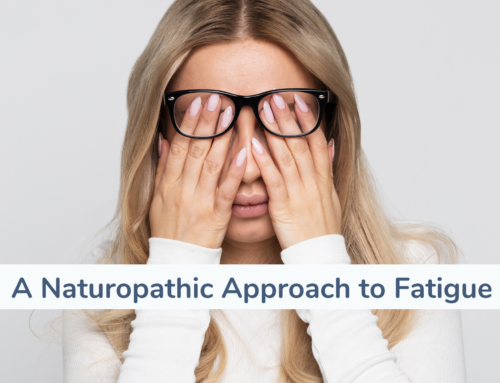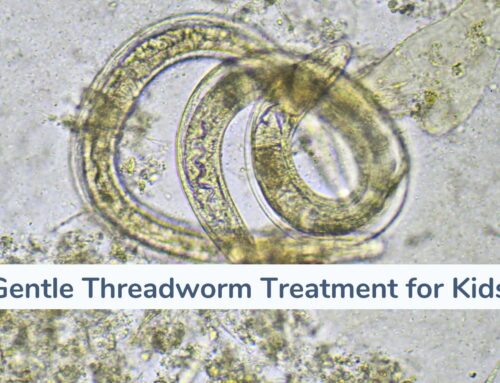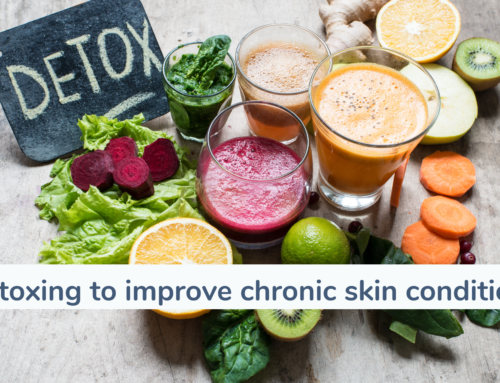Healthy ageing of our skin
The skin is made up of many structural layers which function synergistically as a unit. The main layers are the epidermis, dermis and subcutaneous. The epidermis is the most external layer of the skin. This is the layer that is most easily accessed and influenced (in a way). Because we can easily access this layer it is easy to get products to this layer. Unfortunately, this layer is always shedding. Therefore the deeper our skincare products can go, the longer lasting the effect. Once we reach our 30’s desquamation (the shedding processes) slows and hyperkeratosis can occur.
Your skin is your largest organ and provides a barrier between your other organs and body tissues and the outside world. This barrier protects you from bacteria, changing temperatures, chemical and toxins exposure, and maintains fluid and electrolytes balance. Your skin contains nerves to help you sense the world around you and communicate with your brain giving us the sense of touch.
There are two categories of ageing that affect the functionality of your skin; intrinsic which is internal factors and extrinsic or external factors. Intrinsic ageing is biological ageing and progresses over time. It happens within our cells, as they age, physiological changes occur and they function less effectively. Signs of intrinsic ageing include fine lines, thinning of the skin, loss of subcutaneous fat, and increased bone loss. Extrinsic ageing occurs from increased toxin exposure, dehydration, poor nutrition, extreme temperature changes, environmental stressors, and excessive UV exposure.
How can naturopathy help you age gracefully?
Gut health
This includes ensuring you have optimal absorption to increase the synthesis of collagen and elastin. The health of your gut microbiome is positively linked to the health of your skin. Reducing your consumption of refined sugar can also improve collagen synthesis. Excess sugars in our body can attach proteins to collagen molecules. When this process occurs it stiffens up our skin and makes it less elastic.
Hormonal health
Oestrogen has been shown to reduce inflammatory skin conditions, protect from photo-ageing, improve skin thickness, improves skin hydration, and generally reducing the depth and number of wrinkles. Many women report a sudden onset of ageing after menopause begins.
Reducing inflammation and oxidative damage
Inflammation reduces the strength and flexibility of skin, impairs the protective barrier function, alters skin and systemic immunity, alters vascular and nerve functions. Increased oxidative damage has a similarly widespread effect on the skin but also causes damage to cell membranes, enzymes, and DNA.
Skincare for healthy ageing
Probiotics
Research has shown that the health of your skin’s microbiome is directly related to how well your skin ages.
Exfoliation
Hyperkeratosis, the build-up of dead skin cells, reduces the absorption of skincare products and leads to dull, and thicker skin.
Hyaluronic acid
Hyaluronic acid has become a very popular skincare ingredient due to its main action, its water-holding ability because hyaluronic acid has the ability to hold 1000 times its own weight in water. It helps plump up fine lines and give skin volume.
Skincare Ingredients to avoid
Parabens, synthetic fragrances, and sodium lauryl sulphate just to name a few. These three ingredients have been shown to be endocrine disruption as they mimic oestrogen in the body. They have therefore been linked to oestrogen dominant conditions such as endometriosis, heavy menstrual flow and birth defects, and they also disrupt our immune system.





